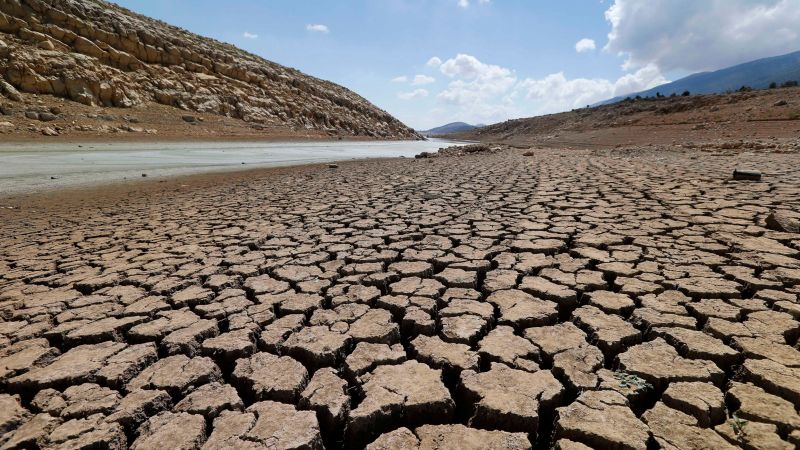CNN reports that the world is currently experiencing an “unprecedented water crisis” due to the increasing demand for water and the accelerating effects of climate change. The World Resources Institute’s Aqueduct Water Risk Atlas reveals that a quarter of the global population is currently facing “extremely high water stress” annually, and this number is expected to reach one billion people by 2050. Extremely high water stress signifies that countries are using nearly all of their available water supply, at least 80% of their renewable resources. The most affected countries include Bahrain, Cyprus, Kuwait, Lebanon, and Oman, where a short-term drought could lead to water scarcity.
Samantha Kuzma, Aqueduct data lead from WRI’s water program and a report author, states, “Water is arguably our most important resource on the planet and yet we’re not managing it in a way that reflects that.” The demand for water has doubled globally since 1960, and the report predicts a further increase of 20 to 25% by 2050. Factors contributing to increased water demand include population growth, agricultural needs, inadequate water usage policies, and insufficient infrastructure investment. The Middle East and North Africa, already the most water-stressed regions, are expected to face extremely high water stress affecting drinking water supplies, industries, and potentially fueling political conflict. Sub-Saharan Africa will witness the largest increase in water demand with a projected 163% rise by 2050, primarily for domestic use and crop irrigation.
While water demand has stabilized in North America and Europe due to effective water use efficiency measures, certain regions are still affected. In the US, six states, including Arizona and New Mexico, experience extremely high water stress. Water scarcity impacts not only individual countries but also the global production of commodities. Charles Iceland, global director of water with WRI’s Food, Forests, Water, and the Ocean Program, highlights that “Water is how climate change most directly impacts people around the world,” as it leads to severe droughts and heatwaves, making water supplies unreliable and threatening survival in extreme conditions. Even if efforts manage to limit global warming, an additional one billion people are expected to live in extremely high water stress conditions by 2050.
The consequences of water stress are dire, with the potential loss of lives, food security, and energy outages. The report suggests several measures to prevent water stress from escalating into a crisis, including nature-based solutions like wetland and forest preservation, adoption of efficient watering techniques like drip irrigation in agriculture, and prioritizing water-independent energy sources such as solar and wind power. Certain cities like Las Vegas and Singapore have shown successful management of scarce water resources through policies like wastewater treatment, reuse, and reducing water-intensive vegetation. However, global action in addressing the water crisis is still inadequate. Dieter Gerten from the Potsdam Institute for Climate Impact Research emphasizes the importance of implementing urgent measures to combat the looming global water crisis highlighted by the report.
Denial of responsibility! VigourTimes is an automatic aggregator of Global media. In each content, the hyperlink to the primary source is specified. All trademarks belong to their rightful owners, and all materials to their authors. For any complaint, please reach us at – [email protected]. We will take necessary action within 24 hours.


